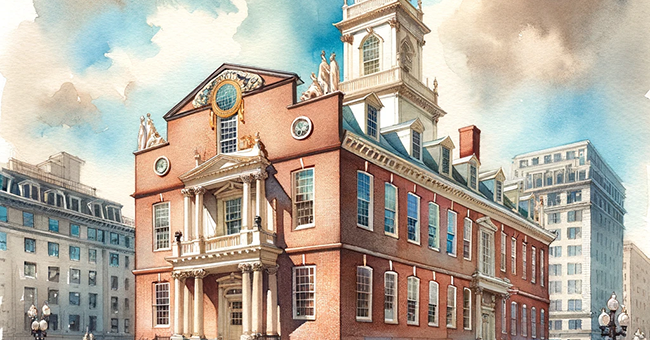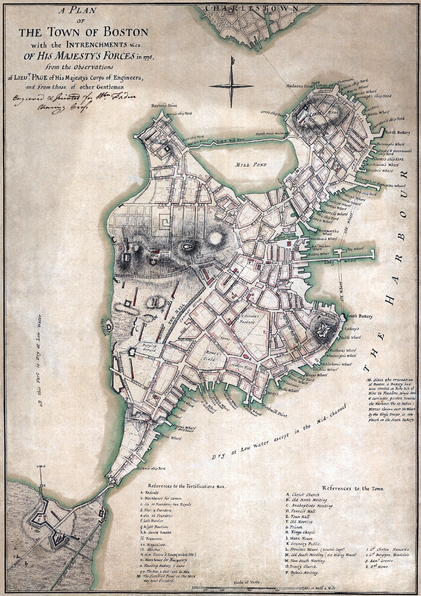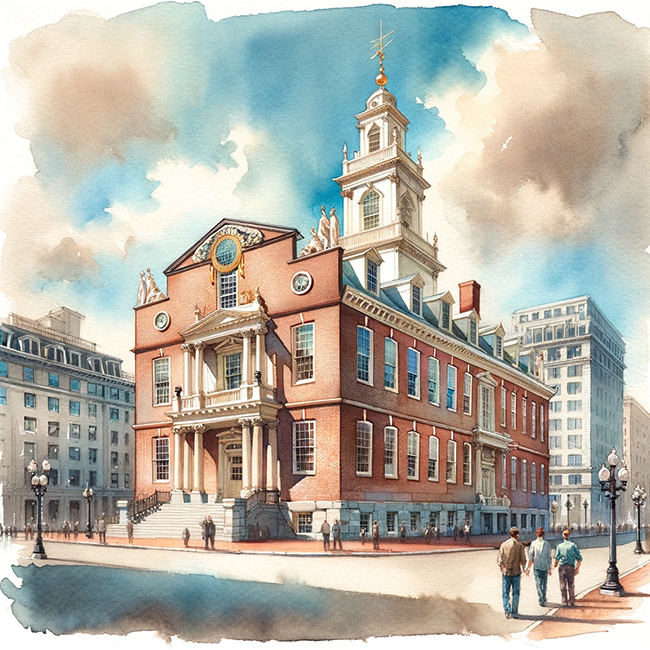
Before it became known as Boston, the bustling Massachusetts city was referred to as Tri-mountain.
The original name, meaning “three mountains,” highlighted the trio of hills that once prominently defined the landscape. This geographical feature caught the attention of the early settlers, marking the area as a distinctive location for the burgeoning town.
The Pilgrims, having anchored their hopes and futures at Plymouth Rock in 1620, soon sought to expand their new world. By the time they considered the establishment of a new settlement on the site of what is now Boston, they initially embraced the name Trimountain, in homage to the natural terrain that characterized their chosen spot.

However, the name Trimountain was not destined to endure.
Recognizing the need for a name that could encapsulate the aspirations and heritage of its settlers, a decision was made in September 1630 to adopt a new name. Thus, “Trimountain shall be called Boston,” marked a pivotal moment in the town’s history.
The renaming was a tribute to Boston, Lincolnshire in England, a town that held significant sentimental value to many of the area’s settlers.

Delving deeper into the etymology, the English Boston itself carries historical significance, being an abbreviation of “Botolph’s town.” The reference honors St. Botolph, who founded a monastery there in the centuries prior to the discovery of America.
St. Botolph was a figure of considerable importance in medieval England, and his legacy was carried over the Atlantic, embedding itself in the new world through the naming of Boston, Massachusetts.
The transformation from Trimountain to Boston signifies more than a mere change of name; it reflects the settlers’ desires to maintain ties with their homeland while establishing their identity in a new world.
Today, Boston stands as a testament to its rich history, from its early days as a marked location by three mountains to its status as a beacon of freedom, culture, and education in the United States. The layers of its name’s origin story add depth to our understanding of the city’s enduring legacy and the timeless connection between past and present.

